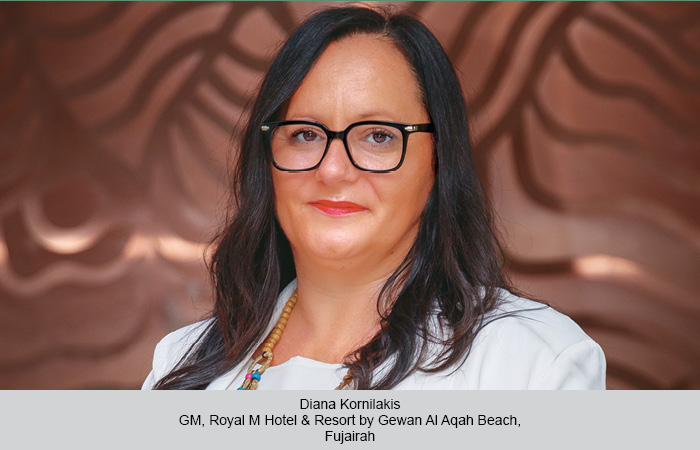Travelport recently became the first GDS operator to manage the live booking of flights using the International Air Transport Association’s (IATA) New Distribution Capability (NDC) technical standard. But what really is NDC and what are the challenges and opportunities it poses for TMCs?
TT Bureau
NDC is a technology standard, based on XML, which transforms the data exchange to and from Global Distribution Systems (GDSs) and other third parties, through Application Programming Interface (API) and enables data, such as passenger booking information, to be transferred in a common way between all parts of the travel provider ecosystem, over the internet.
NDC was introduced by IATA providing airlines more choices in the ways they distribute their products, improving product differentiation, time-to-market and access to full and rich air content for all travellers.
What are the benefits?
NDC will deliver flexible new ways of unbundling services, selling fares and ancillaries through menu style pricing and tailoring offers to specific customers. In doing so, it will provide new opportunities for TMCs to build more direct relationships with agencies, travellers, and corporate customers.
Opportunities for airlines
With ancillary airline revenue reaching $82.2bn in 2017, the ability for airlines to sell ancillary products like lounge access, pre-checked bags, onboard food and drinks and more, is increasingly more important and NDC enables airlines to compete more effectively in this space. NDC technology enables each airline to clearly highlight differences in their overall respective offerings.
Opportunities for TMCs
For corporate travel managers and buyers, NDC offers the potential to negotiate deals that deliver significant added value. This will help deliver a more personalised journey experience and the ability to pre-apply the parameters of a defined corporate travel policy. By enabling the distribution of highly personalised content, corporate travel managers and buyers should be better equipped to prevent out-of-policy travel bookings. As business travellers start to see their trips becoming personalised to their own preferences, complying with policy becomes the default.
Challenges for airlines
- NDC does not equate to ‘free distribution’. There is still a cost, whether that might be in customer acquisition, back office and customer support or technology investment.
- The future commercial relationships between airlines and travel sellers will evolve to better recognise the value provided by each party. Currently, airlines distribute fares; in the future, they will create and distribute offers, packaged to meet the exact needs of a traveller.
- Airlines are at very different stages of NDC implementation. IATA’s industry goal is for a subset of airlines to distribute 20 per cent of their global sales via NDC technology by 2020.
Challenges for TMCs
- NDC does not reduce the complexity of the travel distribution landscape.
- Back office workflow management including automation, agency robotics, change management, integrated itineraries, duty of care, invoicing and business analytics will also remain complex.
- Agents and intermediaries need access to multiple carriers and their content as well as a range of other suppliers so that they can aggregate itineraries for their customers.
- The speed and consistency of NDC booking needs to top the existing systems of corporate travel managers. As some parts of the NDC itinerary will be managed in airline systems, this could have an impact on speed and performance.
Tackling challenges
Travelport’s evolution started more than five years ago and has been rapid since then. Travelport was the first GDS operator to achieve NDC Level 3 certification as an aggregator late last year and it recently became the first GDS operator to manage the live booking of flights using IATA’s NDC technical standard.
The first transaction was recently made by British agency Meon Valley Travel for a shorthaul low-cost flight from London to Milan issued by a major European carrier. It was managed on the latest Travelport Smartpoint agency point of sale. It is the first of a series of products Travelport is developing to accommodate changing airline distribution methods.
Over the next few months, the first version of the NDC capability launched in October 2018 will be used by a steadily increasing number of agencies and airlines as part of Travelport’s NDC rollout. It will also be followed by a series of product enhancements, including a version for online agents in 2019. Given the complexity of the technology, Travelport has pledged to continue to develop these products.
 TravTalk Middle East Online Magazine
TravTalk Middle East Online Magazine





